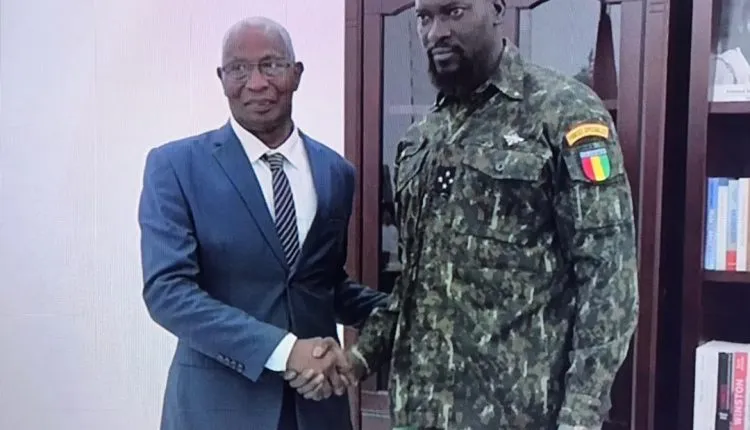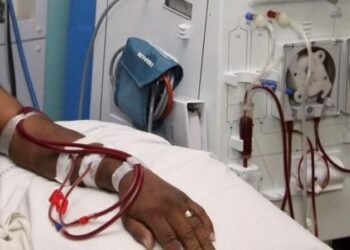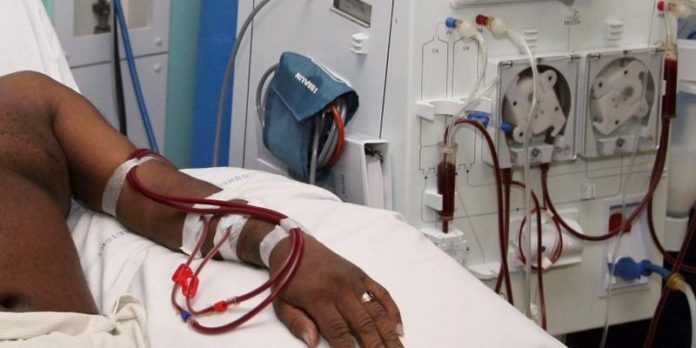In a surprising move, the military junta in Guinea has appointed Mamadou Oury Bah, the former opposition leader, as prime minister, just one week after dissolving the government. This decision comes at a time when dissatisfaction with the junta is on the rise.
The appointment follows a violent clash between police and protesters during a nationwide workers’ strike on Monday, February 26 resulting in the loss of two lives. The strike was fueled by trade unions demanding lower food prices to alleviate the burden of the high cost of living faced by Guineans.
Mamadou Oury Bah, also known as Bah Oury in Guinea, stepped into his new role with a call for the unions to halt the strike. He advocates for a collaborative approach, urging to “highlight what we can do together to solve the big challenges gradually, step by step.”
This move signaled a potential shift in strategy toward addressing the country’s pressing issues through dialogue and cooperation.
The newly appointed Prime Minister, Mamadou Oury Bah, a trained economist, faces the daunting task of not only forming a new government to replace the recently dissolved one but also of addressing the widespread economic struggles endured by millions of Guineans.
The inauguration ceremony of the new Prime Minister was presided over by interim President Mamady Doumbouya, the leader of Guinea’s armed forces who orchestrated the overthrow of elected President Alpha Condé in September 2021.
Mr. Bah has been a prominent figure in Guinean politics since the early 1990s. He founded the country’s main opposition party, the Union of Democratic Forces of Guinea (UFDG), in 1991, but was later expelled from it.
Subsequently, he took the helm of the Union of Democrats for the Rebirth of Guinea (UDRG) party. His extensive experience in politics positions him to navigate the intricate challenges facing Guinea during this critical juncture.
In 2007, he was appointed minister of national reconciliation in a consensus government.
Following his implication in a 2011 attack on President Condé’s residence, Mamadou Oury Bah found himself in a four-year exile in France.
However, in 2016, he returned to Guinea after receiving a presidential pardon from President Condé.
As Guinea aims to restore democratic governance, elections are slated to be held in 10 months, marking the end of the 24-month transition period established by the junta and the regional bloc ECOWAS.

During the transitional period, tensions between the junta and the opposition led to a political impasse.
Nevertheless, many Guineans hold hope that Mr. Bah’s extensive political background will prove instrumental in navigating and resolving the multifaceted political and economic challenges facing the nation.
Challenges Faced By The Ousted Transition Government
Before the dissolution of the transition government, there were notable challenges.
The transition government grappled with internal power struggles. Its members, representing diverse political backgrounds, clashed over policy decisions and the distribution of authority.
Simultaneously, the junta had to address security threats, including protests and civil unrest, while maintaining stability.
Furthermore, Guinea faced an economic crisis marked by inflation, unemployment, and a struggling economy. The government sought ways to stabilize the financial situation and meet citizens’ needs.
Amidst this, social unrest persisted, with demonstrations demanding accountability, justice, and transparency.
Moreover, international pressure also mounted. Regional blocs like ECOWAS and the African Union urged a swift return to democratic rule.
Balancing these external expectations with internal demands, the transition government aimed to reform state institutions, including the judiciary, security forces, and civil service.
However, implementing these reforms encountered resistance and bureaucratic challenges.
READ ALSO: Chad Accuses Opposition Of Deadly Security Agency Attack




















